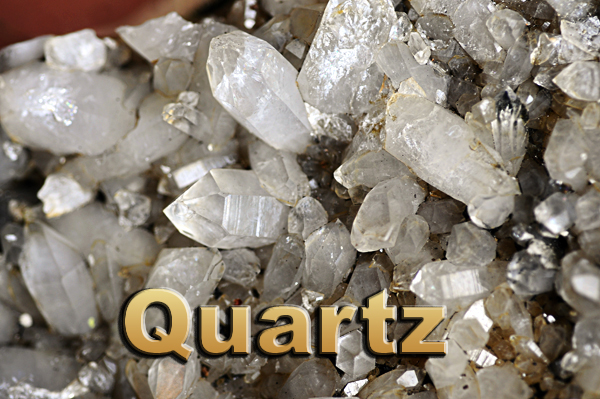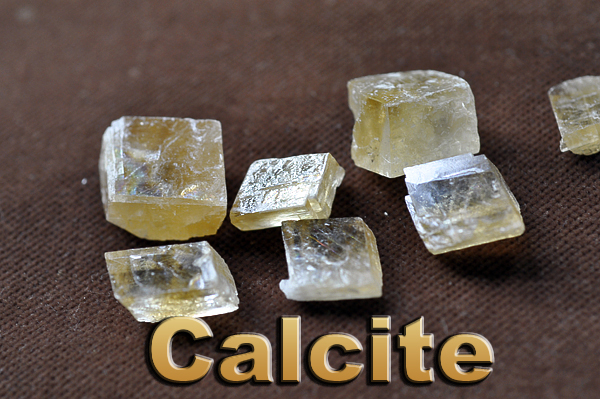
Because of a large number of requests, I am making a small change in the order of this series. I will bump the classroom project until next time so we can talk about making your project scientifically testable.
What does it mean for something to be scientifically testable? It means exactly what it says. If a statement or idea is scientifically testable then we can use observations and/or experiments to see whether it is correct or not. Although it is a fairly simple concept, it often causes confusion. To help identify some of the confusion, lets start with a few examples using the minerals quartz and calcite.


Which of the following is scientifically testable?
- Quartz is harder than calcite.
- Quartz is softer than calcite.
- Quartz is prettier than calcite.
- Many people think that quartz is prettier than calcite.
- Quartz is denser than calcite.
- Quartz is more valuable than calcite.
- Quartz attracts more unicorns than calcite.
- Quartz attracts more invisible, undetectable unicorns than calcite.
Decide which of these is testable and how you would test each before you go on to part 2.
